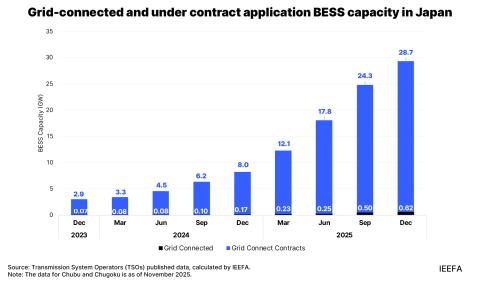
Key Findings
Self-inflicted destruction of wealth, such as that experienced by Norway’s Government Pension Fund Global, strongly brings the case for universal owners to adopt policies that explicitly protect wider market returns as part of fiduciary duty.
Despite universal ownership theory being well acknowledged, owners tend only to adopt principles-based stewardship efforts or join collaborative engagement initiatives while failing to effectively integrate theory into asset-level decision-making.
IEEFA proposes that universal owners adopt ‘systemically adjusted’ investment models to empirically value assets in the context of wider portfolio impact. Such analysis can inform stewardship, improve outcomes for the universal owner and benefit the economy at large.
Although it remains a challenge to accurately price carbon, this uncertainty should not delay the necessary evolution of investment processes.
Executive Summary
Universal ownership is a concept that refers to asset owners with such broad economic exposures and long-term investment horizons that they effectively own a slice of the global economy. It follows that they will have an interest in the long-term health of capital markets as a whole because their own returns are largely tied to overall market movements. Unable to allocate away from systemic risks such as climate change means that for the universal owner, beta (market) returns must be protected, often through addressing the externalities caused by entities held within its own portfolio.
Using Norway’s sovereign wealth fund as a case study in universal ownership, IEEFA lays bare the scale of the problem faced by universal owners through introductory analysis that demonstrates how the externalities of just five portfolio constituents contribute to an implied portfolio performance drag of around -0.36%, assuming an externality cost that falls in the middle of recent academic discourse. This analysis should be treated as a proof of concept, but such self-inflicted destruction of shareholder wealth strongly brings the case for universal owners to immediately implement more explicit beta-protectionist policies as part of fiduciary duty.
Despite universal ownership theory being well acknowledged, universal owners tend only to adopt principles-based stewardship efforts or join collaborative engagement initiatives while failing to also effectively integrate theory into asset-level decision-making processes. IEEFA proposes that universal owners should urgently adopt ‘systemically adjusted’ models to better value assets holistically, i.e. in the context of their impact on the wider portfolio. We outline one example of how systemically adjusted analysis could be applied to improve discounted cash flow modelling, which in turn can inform company stewardship processes. Such integration of universal ownership theory would allow for better prioritisation of resources, correct for misalignment between the goals of investment teams and those of the universal owner as a whole, and help frame climate-based stewardship in quantitative, fiduciary terms—reducing reliance on more ambiguous guiding principles.
Although accurately pricing carbon-based externalities as part of this process remains a challenge, such uncertainties do not detract from the theory and should not be used to delay the evolution of investment processes.
IEEFA believes that the case for universal ownership remains firmly intact but must evolve in the face of new challenges. Particularly in secondary markets such as public equities, direct investee company engagement has traditionally been favoured, but the hitherto ineffectiveness of this approach in meaningfully altering market behaviour has to be considered. This is brought more sharply into focus by growing anti-trust concerns and aggressive litigation that is reshaping the relationship between asset owner and asset. Universal ownership within this budding new paradigm is a topic which IEEFA will explore in future work, as part of a short series of research-based thought pieces in this area.















